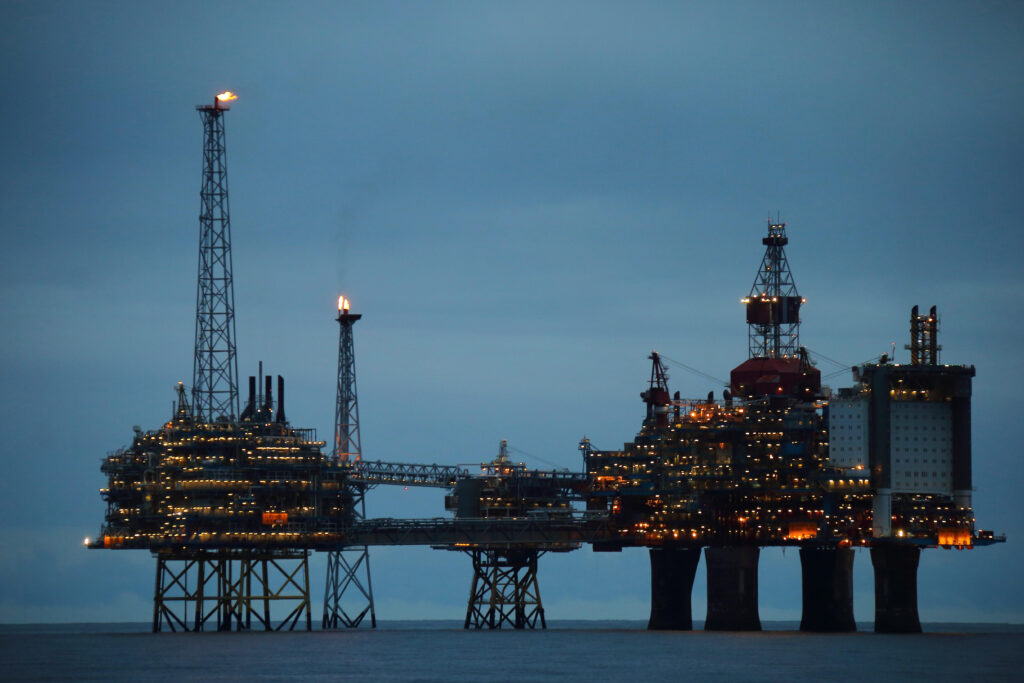Talk may be cheap, but speech isn’t free, not even in America. It a time when the most outspoken pay $3 million for a 30-second Superbowl ad, it can be expensive to get your point across.
Which is no problem for the Alliance for Energy and Economic Growth (AEEG) and its fellow travelers at the American Council for Capital Formation (ACCF). When they launch a cross-country campaign to bash Congressional efforts to address climate change, they start with a big budget, liberally funded by the energy and manufacturing interests most heavily invested in cheap gas, oil and coal.
Dr. Margo Thorning is the campaign leader. The executive vice president and director of research for the Exxon-funded ACCF. And judging by Thorning’s work to date, the business plan is to frighten men, women and children with facile expense projections that build a worse-case scenario on the energy-expense side without making any corrections whatever for the possibilities of conservation and innovation.
Neither (of course) does Thorning’s careful risk analysis include anything in the expense ledger for what might happen if the 90-per-cent-certain climate changes cut a path of destruction through the coal states where the AEEG is currently concentrating most of its attention.
There are two fairly big problems here in terms of the unsavory manipulation of the democratic process. First, the ACCF and the AEEG are both front groups. When Thorning campaigns, she doesn’t introduce herself as a paid representative for the American Gas Association, the American Petroleum Institute, Edison Electric Institute, Ford Motor Company and the Marathon Oil Corporation – even though that’s who’s paying her bills. She says she’s a research director for a think tank – as if her opinions are somehow independent, impartial and weighted with academically derived evidence. That is, at the very least, misleading.
The other problem is that there is no second group out running an extraordinarily well-funded counter campaign. Say what you like about Al Gore and the success that he has had in calling attention to the issue of climate change, there is no massive lobby pleading for scientific rigour on this issue, no well-heeled campaign for sensible risk analysis – for a balanced calculation of how much energy prices might rise as opposed to how much it might cost, say, to rebuild Miami in the same way we are still rebuilding New Orleans.
Thus, we have a scenario in which policy makers are being lobbied directly in the halls of the Capitol and the hotels of D.C. while their constituents are being threatened with job losses and catastrophic energy bill increases.
Subscribe to our newsletter
Stay up to date with DeSmog news and alerts







